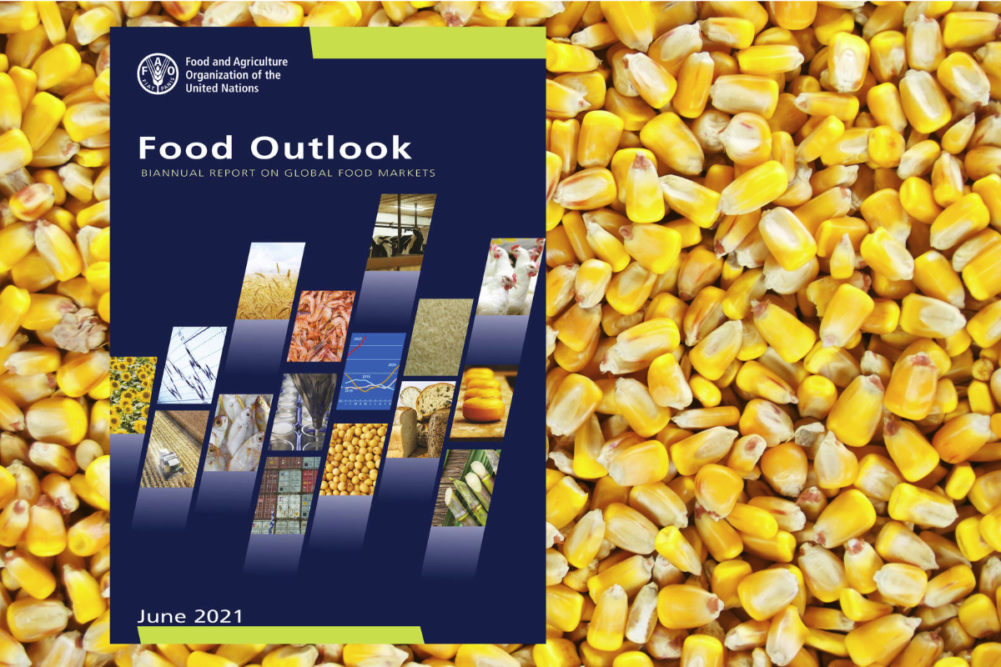ROME, ITALY — Despite high commodity prices and supply and demand uncertainties, global food trade is poised for a resilient year, according to a new report by the Food and Agriculture Organization (FAO).
Trade flows reached new highs during the COVID-19 pandemic, with trade in agricultural products performing more robustly than merchandise sectors, according to the Food Outlook biannual report.
The FAO estimates the world food import bill for 2021 at $1.72 trillion, a 12% increase from a year ago.
“However, rising prices raise concerns that higher outlays may still mask deteriorating quantitative and qualitative dietary trends in vulnerable countries,” the FAO said.
Food Outlook, issued twice a year, offers a detailed assessment of market supply and demand trends for the world’s major foodstuffs, including cereals, vegetable oils, sugar, meat and dairy and fish. It also looks at trends in futures markets and shipping costs for food commodities.
World output of the major food commodities is expected to increase in the year ahead, with the exception of sugar, which is forecast to decline.
The market outlook for oilseeds and their derived products appears tight, with resumed production growth foreseen insufficient to satisfy world demand.
World supplies of wheat and rice are robust, while stocks of coarse grains are forecast to fall despite an expected record 2021 global production, reflecting large-scale utilization foreseen for livestock feed and industrial starches, the FAO said.
At the global level, food and agricultural exports grew by almost $52 billion in 2020 from the year before, a 3.2% annualized expansion, with developing countries accounting for around 40% of the increase.
Rising food imports as a share of all imports can be an early warning indicator for potential crises in some areas, the FAO said.
“For example, the import bills of Low-Income Food-Deficit Countries (LIFDCs) appear set to increase by 20%, five times as fast as the group of Least-Developed Countries,” the FAO said. “Countries where export revenues, including from tourism, have been hit hard by the pandemic, may be particularly vulnerable.”




